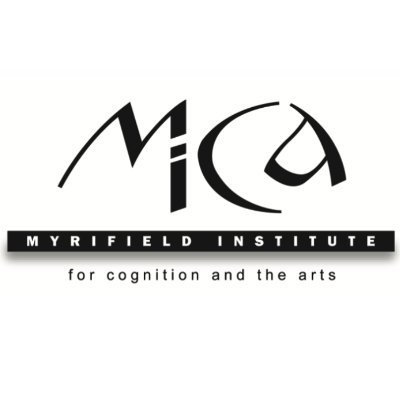
Last paper:
Grazia Pulvirenti, Renata Gambino, Neurohermeneutics. A Transdisciplinary Approach to Literature
- Peer review
- Submit a paper
- Suggest a paper
- Contact us
- Partner program
Katie Overy, Istvan Molnar-Szakacs,
Music and mirror neurons: from motion to 'e'motion
 Year: 2006
Year: 2006Topics: Emotion;
Disciplines: Fine Arts;
DOWNLOAD PAPER
Download size: 139.99 KB
The ability to create and enjoy music is a universal human trait and plays an important role in the daily life of most cultures. Music has a unique ability to trigger memories, awaken emotions and to intensify our social experiences. We do not need to be trained in music performance or appreciation to be able to reap its benefits already as infants, we relate to it spontaneously and effortlessly. There has been a recent surge in neuroimaging investigations of the neural basis of musical experience, but the way in which the abstract shapes and patterns of musical sound can have such profound meaning to us remains elusive. Here we review recent neuroimaging evidence and suggest that music, like language, involves an intimate coupling between the perception and production of hierarchically organized sequential information, the structure of which has the ability to communicate meaning and emotion. We propose that these aspects of musical experience may be mediated by the human mirror neuron system.
Keywords: language; communication; hierarchy; Brodmann Area 44; insula
Project
The Neuro Humanities Studies Network aims at creating a multidisciplinary research community in order to develop and structure a linking platform for neuro-scientific, cognitive topics and humanities.
Click on each keyword to show papers related with it.









